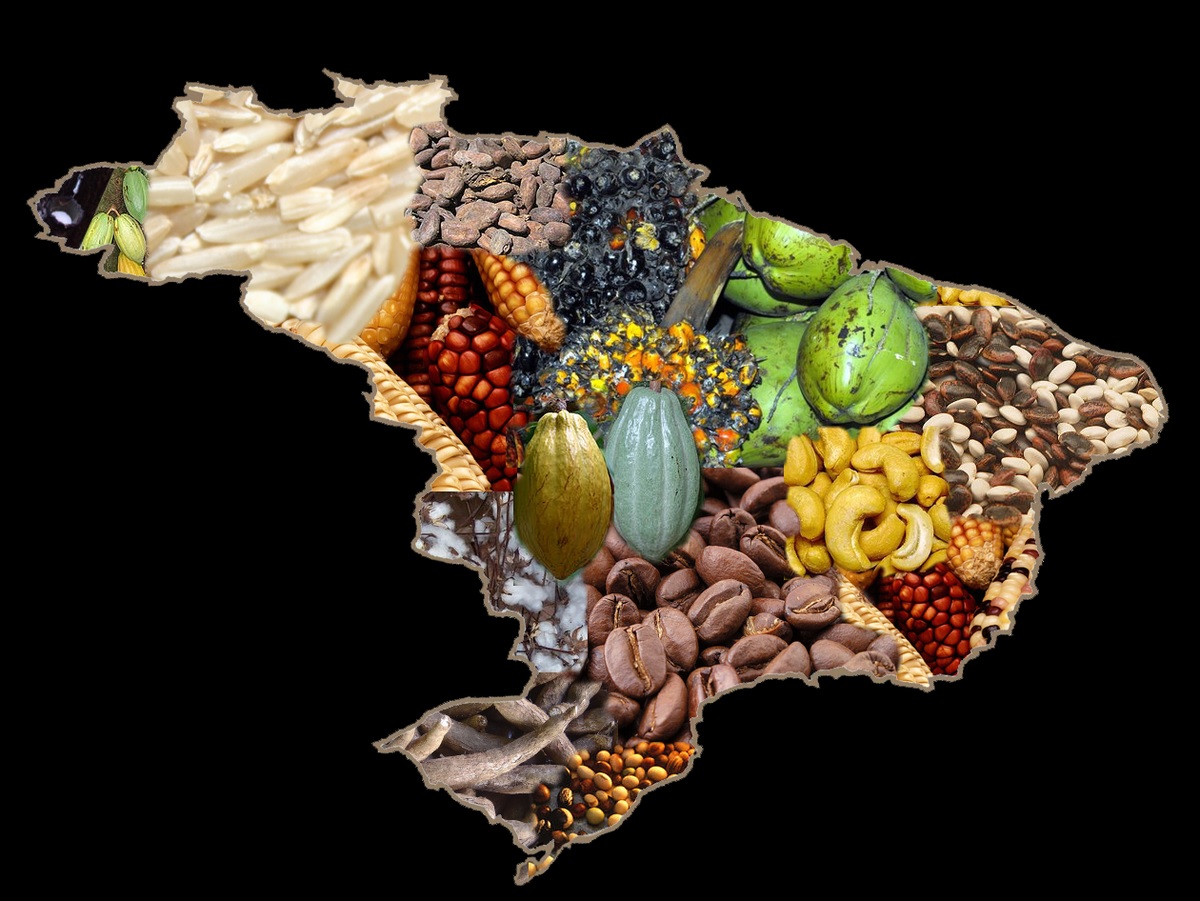Under constant pressure from importers and international investors due to the negative impacts of some production chains on the environment, Brazilian agribusiness can also be considered an example of regenerative agricultural practices and the use of biological inputs in crops.
A recent survey by L.E.K. Consulting points out that, in these and other sustainable initiatives, Brazil is well ahead of the United States, a major competitor in grain and meat exports, for example.
After listening to 450 rural producers in both countries in May and June, the consulting company – founded in London but today with headquarters in Boston – pointed out that, driven by crop rotation and direct planting, the level of use of regenerative practices by Brazilians is 17% higher than that of Americans.

In Brazil, 237 producers participated in the study, mainly in the South region (39%). In the surveyed universe, more than 50% have properties with cultivation areas of over 500 hectares, and 72% are dedicated to the production of grains such as soy and corn.
“Precision agriculture and the use of biological inputs are increasingly a reality among Brazilians, completely changing management practices, the use of inputs, and productivity gains in the different crops. The impact of this advance will be transformative,” says Eric Emiliano, director of L.E.K. Consulting and leader of the consulting firm’s Agribusiness practice in South America.
L.E.K. found that precision agriculture is already a reality in Brazil, with diffusion driven by more than 350 agtechs active in the country – 35% focused on data analysis and precision solutions for the sector.
According to the consultancy, the level of adoption of biological products for nutrition and crop protection in Brazil is 12% higher than in the U.S. (it is worth noting, however, that biopesticides, in general, represent only 2% to 3% of the total, primarily dominated by chemicals).
The survey also confirmed what other sources have pointed out: although sustainable practices have consolidated in the field, only 5% of Brazilians interviewed take advantage of the carbon credits that could be generated, a much lower rate than in the U.S., 26%. L.E.K. projects, however, that by 2024, the percentage in Brazil may reach 40%.
“With competitive advantages represented by current agricultural practices, the country has the potential to be carbon negative,” says the consultancy’s study. “The carbon credit market will also be transformational. More than 50% of farmers believe that this market will dictate agriculture in the next two years,” adds Emiliano.
The L.E.K. study also highlights, finally, that the use of energy generated inside farms is still higher in the USA, but that solar energy has been gaining space in Brazilian rural properties.
With information from Valor Econômico

